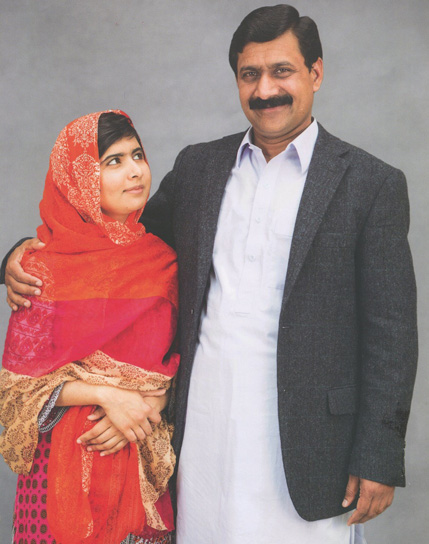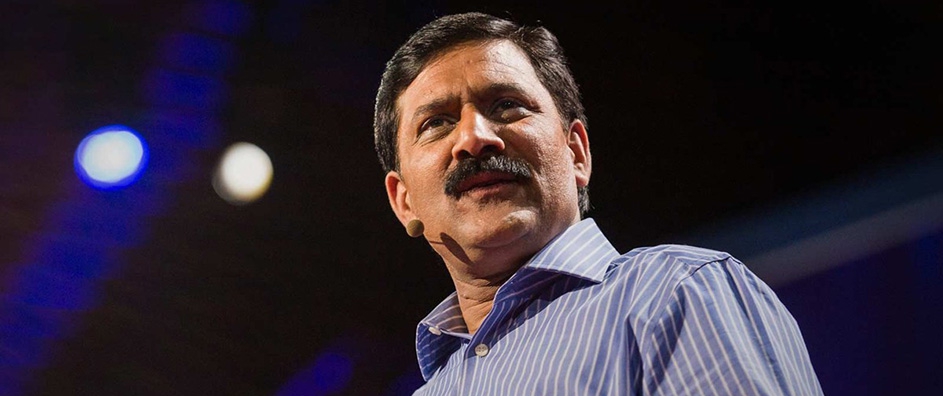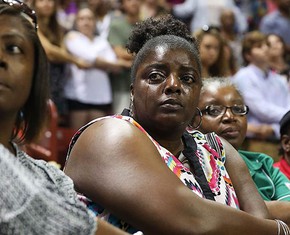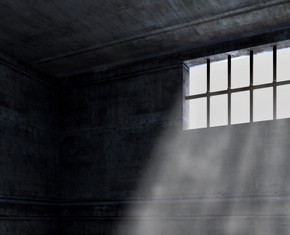The views expressed in our content reflect individual perspectives and do not represent the authoritative views of the Baha'i Faith.
News stories around the world have detailed the inspirational story of Malala Yousafzai, the young girl who defied the Taliban and spoke up for the education of females.
This short series of articles has covered the education of women, and the courage it took for this teenage girl to face up to her killers. In our series, we’ve explored Malala’s brave determination to stand up for her beliefs and her human rights in the face of severe danger. It noted the source of her courage– her faith in God.
But most of the extensive coverage of Malala’s attempted assassination, remarkable recovery and Nobel Peace Prize has slighted, neglected or omitted an area of paramount importance. The global coverage of one individual and her struggle has left out much mention of her inspiration and role model— her father Ziauddin Yousafzai, and the profound example he continues to set for his daughter.

Malala Yousafzai and her father Ziauddin
Malala received almost all of her education from her father–a poet, the owner of a chain of private schools in the Swat Valley of Afghanistan known as the Khushal schools, and a longtime activist for the educational rights of children—especially girls.
Other men should consider emulating his powerful example.
Malala comes from a society where the rights of women are mostly nonexistent, and where many men consider their wives and daughters property, like cattle. Yet here we have a Muslim man who, himself an educator, defied the Taliban and became a staunch advocate for the education of girls. His friends and neighbors thought that he would be the one attacked, not his young daughter. In fact, after the Taliban’s attempted assassination of Malala, they publicly threatened to kill her father, too.
In an interview with Alyse Nelson, president of the advocacy group Vital Voices, Mr. Yousafzai told her that while growing up he noted his female relatives did not have the gift of attending school–and determined to change that injustice by educating his daughters as well as his sons.
In her memoir, I Am Malala, she writes,
When I was born, people in our village commiserated with my mother and nobody congratulated my father.
Those misplaced anti-female sentiments had no effect on Ziauddin’s outlook. Instead, he passed on to his daughter his own passion for education and his courage to stand up for his beliefs, even in the face of severe physical danger.
Mr. Yousafzai may not have ever read Two Wings of a Bird, a statement that illuminates the Baha’i teachings on the equality of men and women, but he perfectly exemplifies these progressive Baha’i principles. The Baha’i teachings tell men that they have:
…an inescapable duty to promote the equality of women. The presumption of superiority by men thwarts the ambition of women and inhibits the creation of an environment in which equality may reign.
Two Wings of a Bird goes on to explain:
It is essential that men engage in a careful, deliberate examination of attitudes, feelings, and behavior deeply rooted in cultural habit, that block the equal participation of women and stifle the growth of men. The willingness of men to take responsibility for equality will create an optimum environment for progress: ’When men own the equality of women there will be no need for them to struggle for their rights.’
Baha’is all over the world live by these principles. In fact, the Baha’i teachings make it clear—true progress for the human race pivots on our ability to make men and women equal in every arena of human endeavor:
The world of humanity is possessed of two wings: the male and the female. So long as these two wings are not equivalent in strength, the bird will not fly. Until womankind reaches the same degree as man, until she enjoys the same arena of activity, extraordinary attainment for humanity will not be realized; humanity cannot wing its way to heights of real attainment. When the two wings or parts become equivalent in strength, enjoying the same prerogatives, the flight of man will be exceedingly lofty and extraordinary. Therefore, woman must receive the same education as man and all inequality be adjusted. Thus, imbued with the same virtues as man, rising through all the degrees of human attainment, women will become the peers of men, and until this equality is established, true progress and attainment for the human race will not be facilitated. – Abdu’l-Baha, The Promulgation of Universal Peace, p. 374.
















Comments
Sign in or create an account
Continue with Googleor